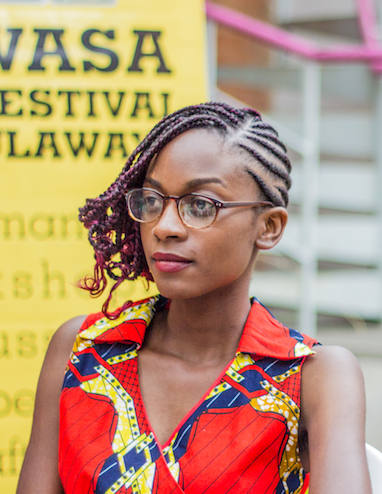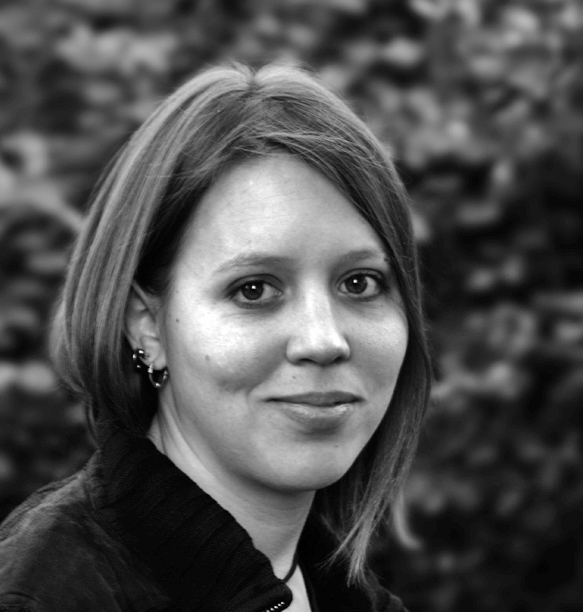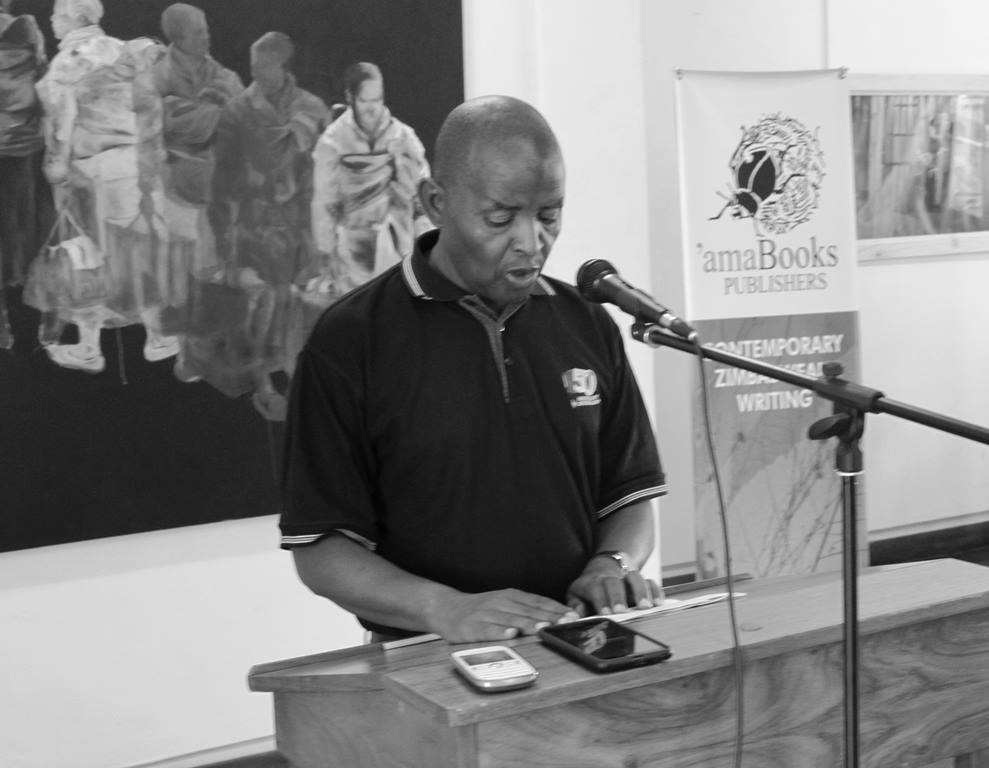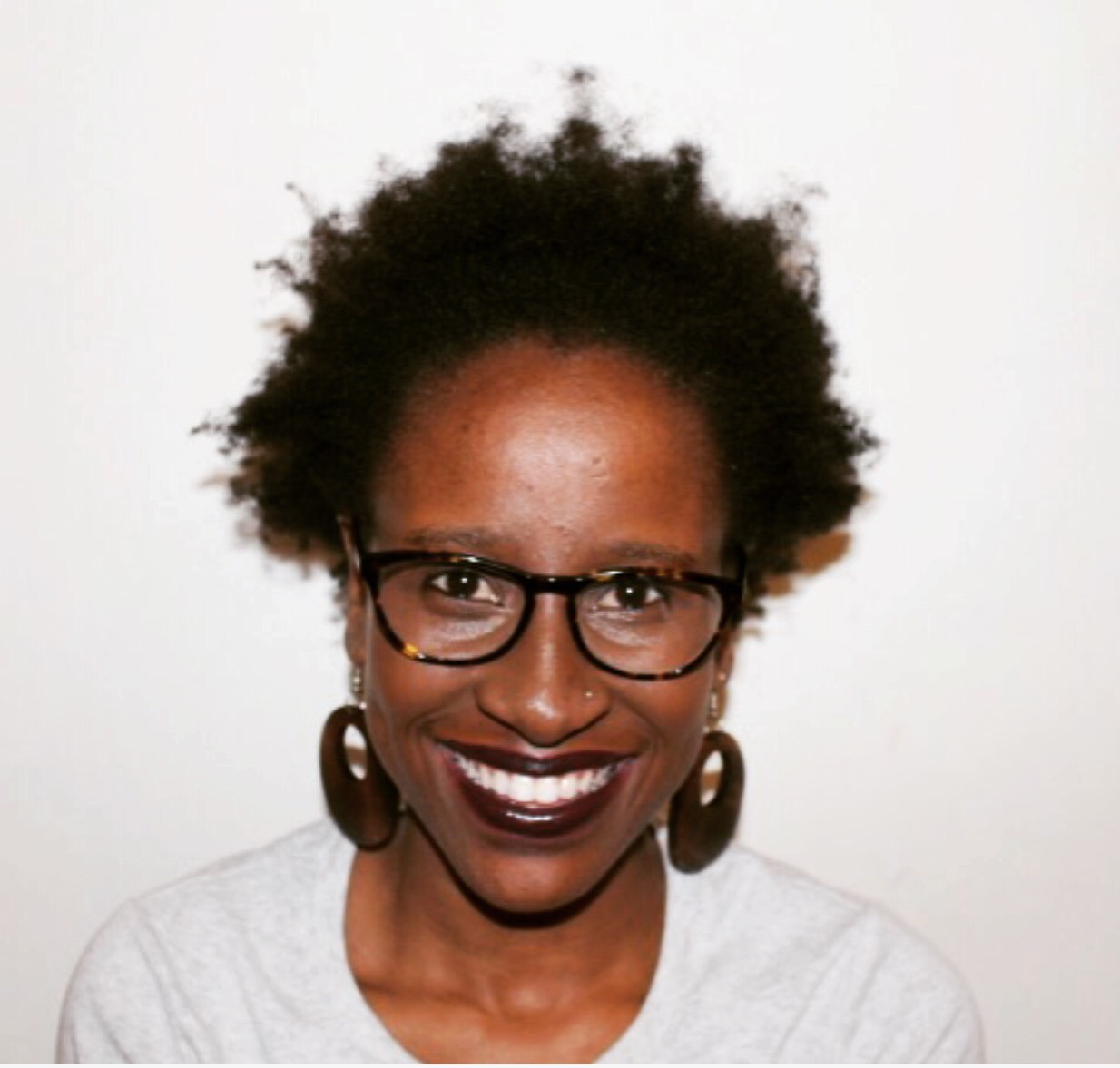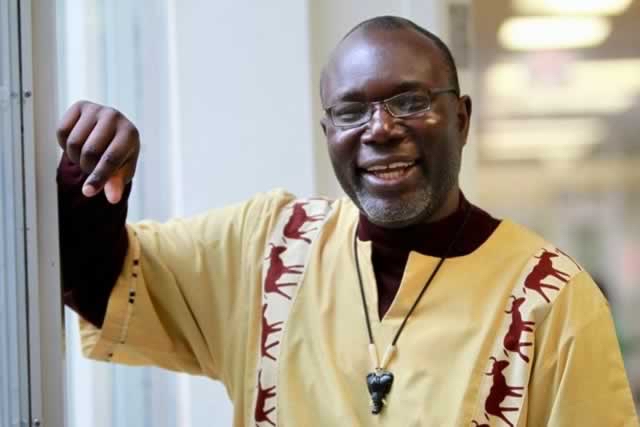Book Review: The
Maestro, The Magistrate & The Mathematician, by Tendai Huchu
Reviewed
by Fungai Machirori
The Standard, Harare, May 17 2015
Tendai Huchu’s latest novel offering is a look into the lives of
three Zimbabweans as they attempt, to different extents, to assimilate into Scotland,
and make meaning of life and the various questions and experiences it brings
their respective ways.
It’s interesting that the Maestro is listed first in the title of
the book as it is him whom I feel the reader learns least about. An opaque
character going through a tortured search for the meaning of existence, the
Maestro decides to place all his faith in books – the works of Kafka,
Nietzsche, Sartre and others – to provide him the ultimate insight into what is
otherwise unknowable. But as he moves further into this world, he realises that
it too – just as his mechanical job packing shelves in a supermarket – has its
own restlessness, its own tedium.
Perhaps it is inaccurate that I say he is the character least known
of, as it is the Maestro whose deepest vulnerabilities and psychedelic thoughts
one becomes most acquainted with. It is he – whose ruminations about life and
death, whose detachment from a menial life that has become a death in itself –
who adds a necessary darkness and dimension to a narrative that would otherwise
relate a tolerable sort of daily Zimbabwean strife, a strife punctuated with
the usual humour and forbearance that is either our succour or Achilles heel,
depending on the way one sees things.
The Magistrate is a man of high repute who has left Zimbabwe because
the political environment has become unfavourable to his practice and
principles. With his wife now the family’s breadwinner and his daughter developing
into a sharp-tongued teen, he has to forge a way within this new home, Edinburgh,
and the distorted roles it yields for him.
Still holding dearly to the artefacts of home and memory, he uses
sungura music –playing on the Walkman he moves around with – as the soundtrack
to his discovery of this new place with its history and foreign majesty. His
new interest in sungura (the Magistrate is described as a jazz aficionado),
with its typical exhortations and narrations of personal strife, becomes a way
for him to understand and console himself. At the same time, it also represents
a collapse of distinct class demarcations and roles, something that would be
more prominent back in Zimbabwe where diligent consumption of sungura might be considered
‘low class’ for a man of his stature.
The Mathematician is a product of privilege, in Scotland by choice
as he pursues his PhD and hangs out with his group of friends who find
themselves with far less stability. His is the happy-go-lucky character, young,
sharp and witty; his experience of the diaspora is one of adventure and
certainly more comfort than the Maestro and Magistrate. While all of the voices
are contemporary, I would say that it is the Mathematician’s that is freshest,
and also, most startling in its brashness and bravado. It’s quite clear from
the onset that you will either love or hate the Mathematician; or that failing,
find him completely incomprehensible.
What I found most enjoyable about this novel is Huchu’s ability to make
his characters’ language – as well his own – speak to their various
circumstances, and to the general theme of change and adaptation. Traffic
lights are referred to in Zimbabwean colloquialism as robots, while people are
sat next to each other, as per British parlance. There is also a peppering of
Scottish English, as spoken for instance by Chenai (the Magistrate’s daughter),
which make the characters – and their changes – believable.
Every now and then, the Mathematician’s language features numbers, a
reminder to the reader of his cockiness; even his language can’t quite be
tamed, or fully accessed. It may also explain the inaccessibility of emotions
of rage and anger when they might be suitably justified at pivotal moments in
the novel.
The same may be said of the Maestro whose impervious character is
accentuated by long blocks of text which never feature paragraphs.
Also, Huchu uses italicisation as a means to convey what I perceive
as different extents of comfort within this new setting of home. For instance,
when the Magistrate speaks in Shona, this text is never italicised. It is
simply a progression of discussion which the reader must accept, whether or not
they understand what is being said. With the Mathematician, however, such texts
(as well as other points where arrogant emphasis is required) are italicised,
giving those points of thought and conversation a character of otherness, or at
least potential dispensability. This cleverly shows how artefacts of home –
including language – are often negotiated differently depending on a variety of
factors including level of comfort in a new space, and level of longing for an old
space.
Another striking thing is that by the end of the novel you realise
that of all three characters, the Magistrate’s name has never been revealed,
his positioning attached to his profession, and social role as Baba Chenai, for
“… a name had to mean something, and what more fundamental meaning could be
bestowed on person than their relationship to others in the family?” (pg. 241)
It is a generational subtlety, in much the same way the Magistrate bemoans the
lack of extended family to intervene in sensitive family issues he feels ill-equipped
to mediate.
A lot of effort must have gone into researching Edinburgh as the
characters’ ruminations on its terrain are complemented by thoughtful and
measured descriptions of the environment and its history. Here, I am reminded
of Julius’s contemplative observations of New York city in Teju Cole’s ‘Open
City’. In both instances, the writers show a high level of endearment and
respect for their settings, as well as a lot of patience and effort in making
the scenery as palpable to the reader as possible.
But yet even with all its beauty, Huchu depicts a city with its own
dark underbelly where people die alone and lonely, and live in the same way; a
place where a shared nationality forms tenuous ties that do not necessarily
equate to loyalty or kinship.
The humour is dark; a fracas at an MDC meeting shows up some of the
power hunger that manifests even in the desire for change. And a last – and
unexpected – twist to the plot in the final pages reveals how so often, the roles
and identities we assume are not what they seem at face value.
What I appreciate about Huchu’s writing is that it doesn’t feel like
it holds back. You will be surprised and perhaps unsettled at times, but you
will have to deal with that or simply stop reading. And stopping, I assure you,
would rob you of partaking of a beautifully crafted and poignant world.










.jpg)



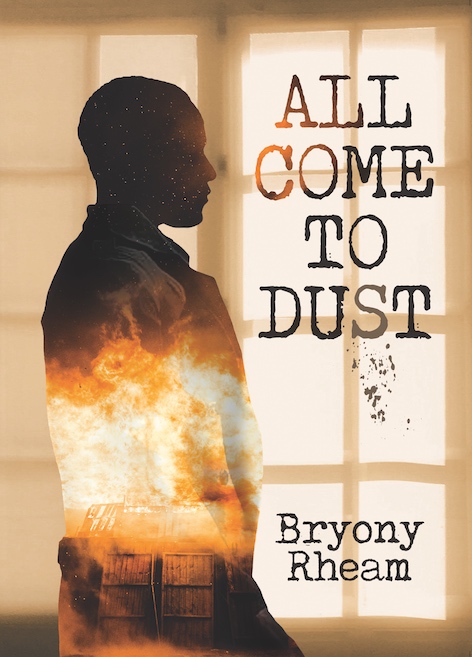
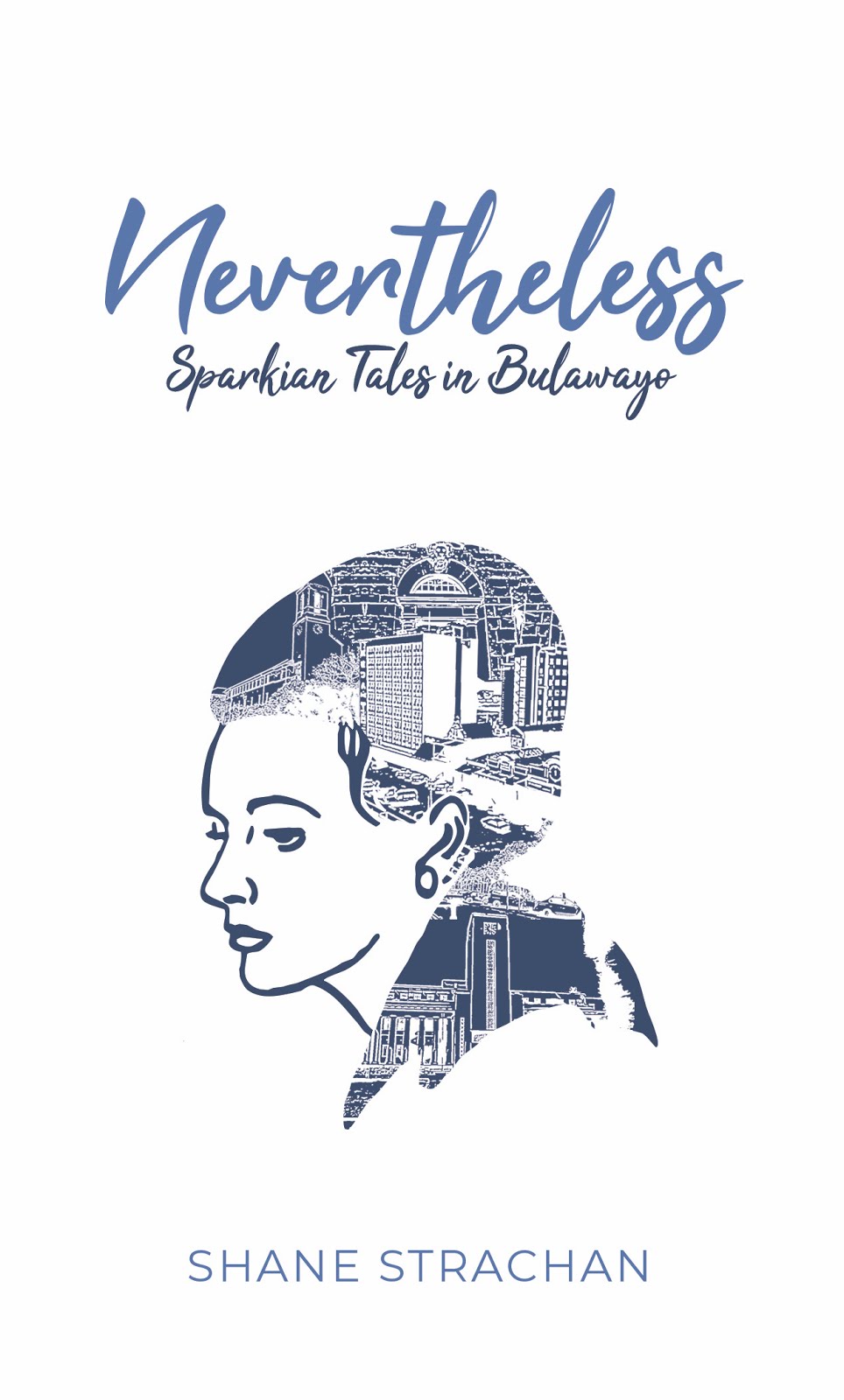





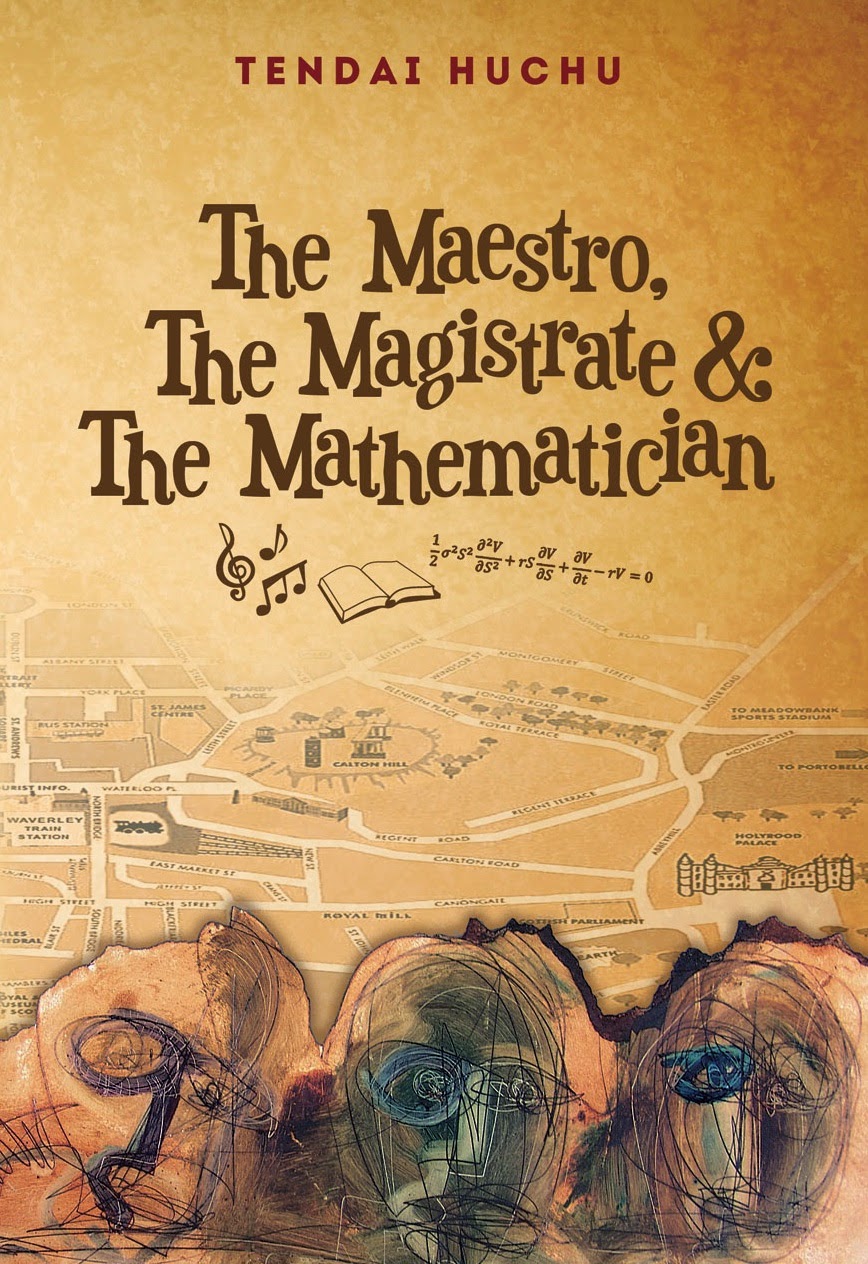
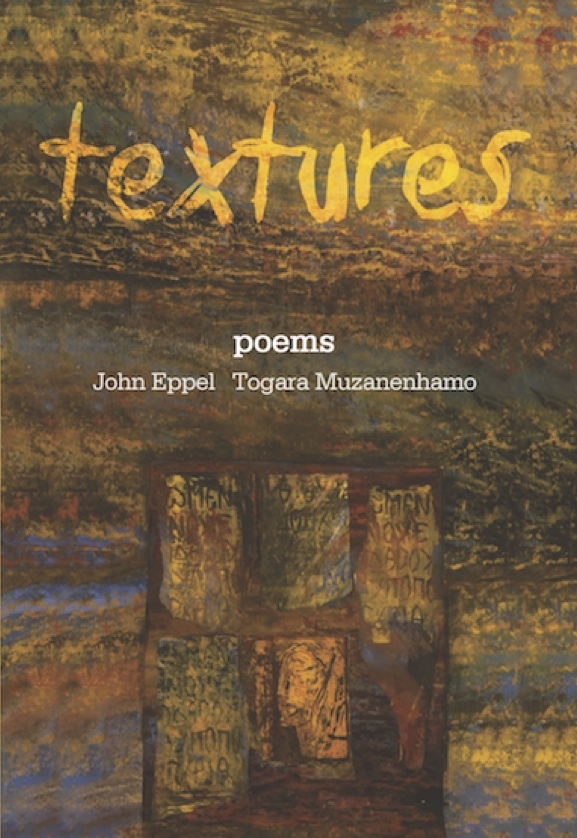
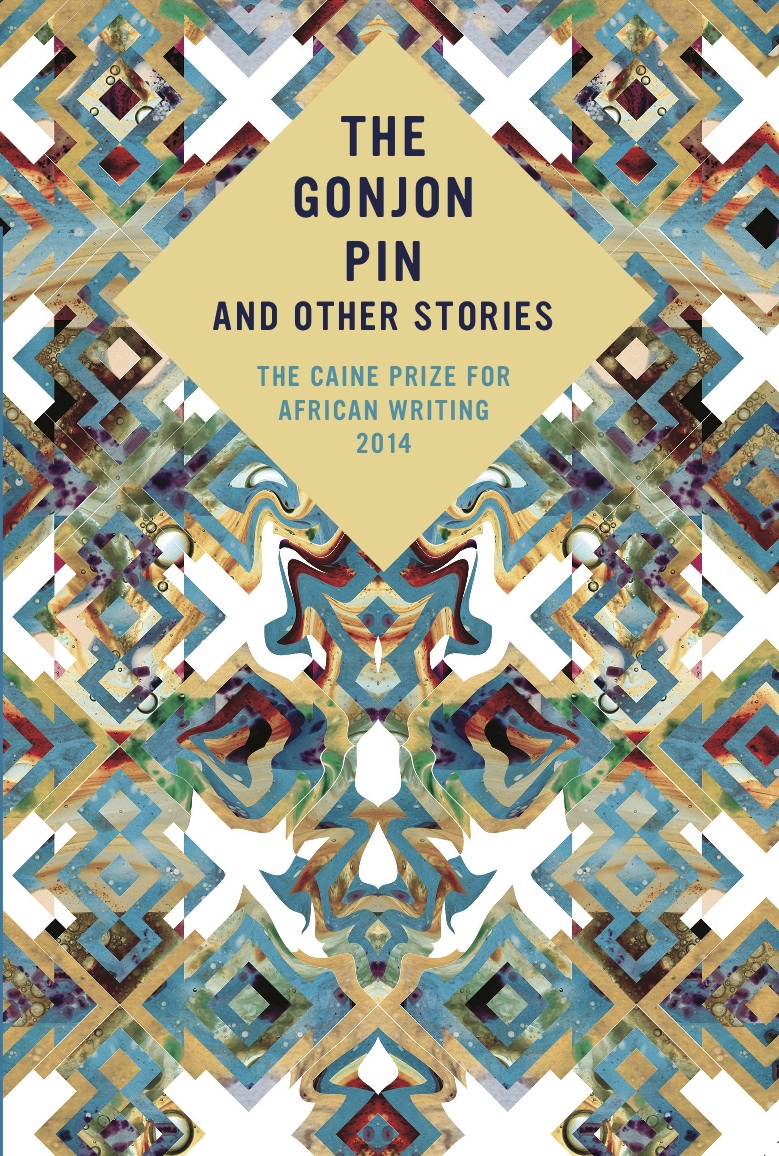
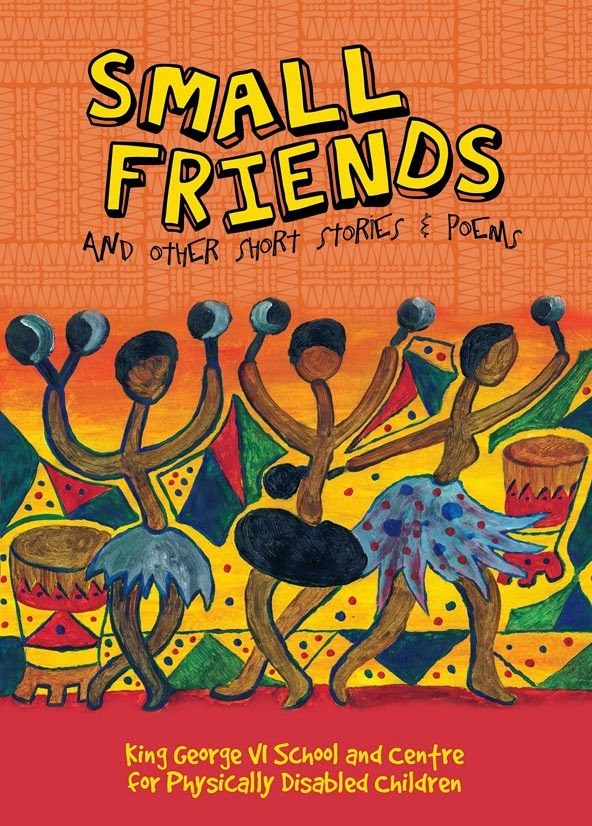
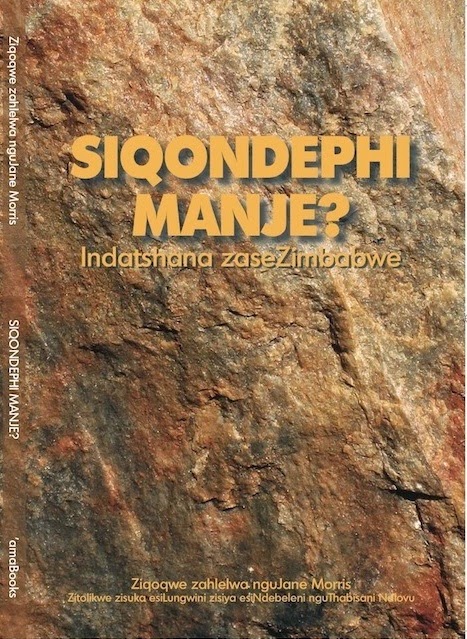
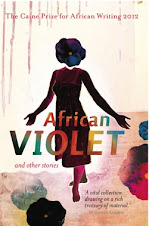

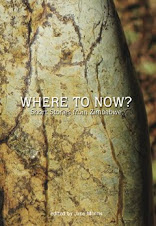
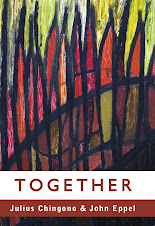
.jpg)

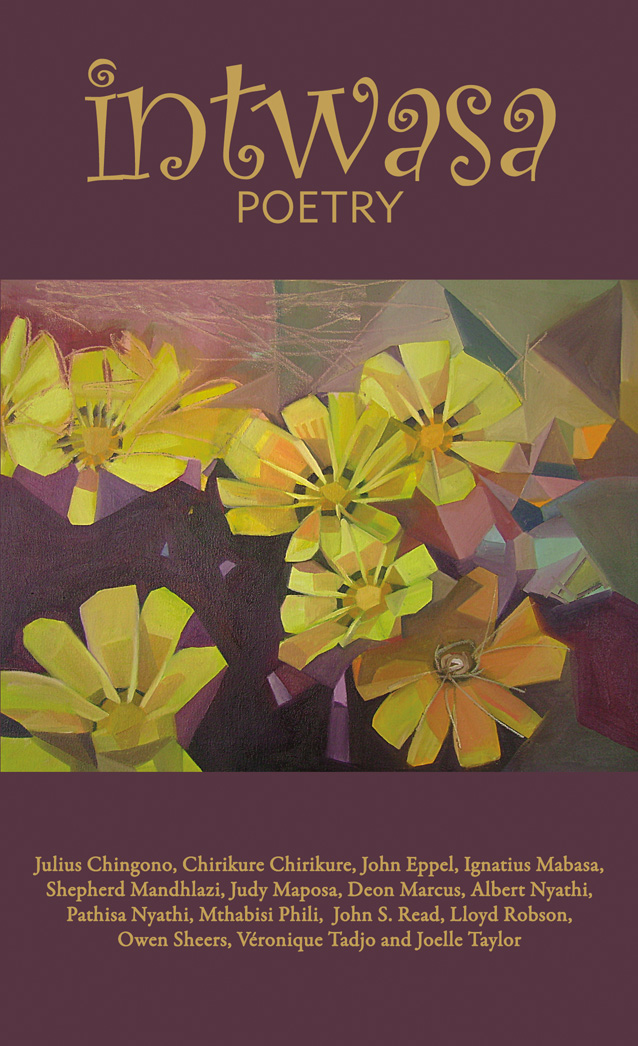


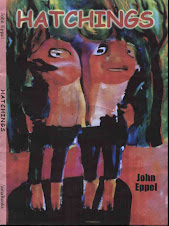













.jpg)

